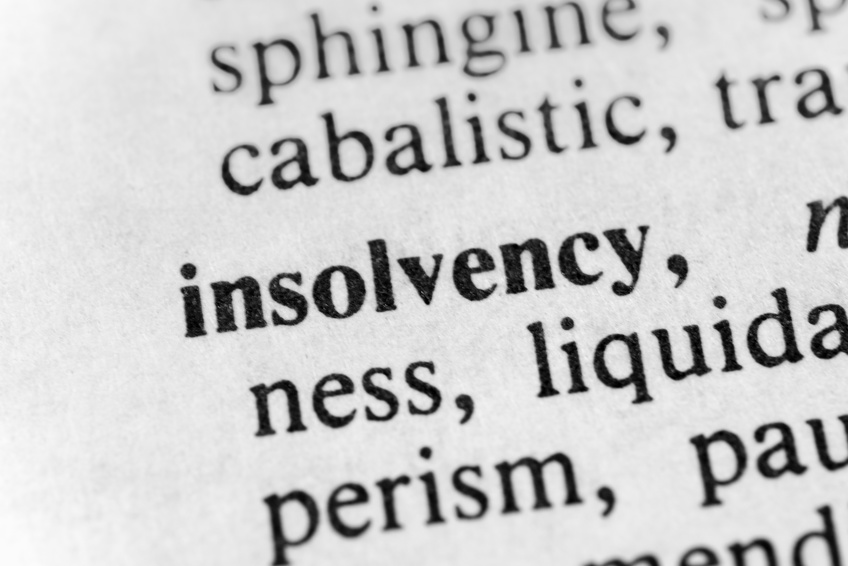An expert group has just reported back to the Law Reform Commission (LRC) in Ireland with their recommendations for reform of Irish law relating to personal insolvency. While the bulk of the report deals with the problem of mortgage arrears, it also addresses personal debt i.e. unsecured non-mortgage personal debt.
The two main recommendations for reform are:
- New and modernised bankruptcy legislation with a less punitive approach (compared to current law) to replace the Bankruptcy Act of 1988.
- A non-judicial debt settlement and enforcement system which would be an alternative to bankruptcy (presumably the ‘new’ bankruptcy laws) in most cases.
The report repeats the LRC’s criticism of the Bankruptcy Act of 1988 – its failure to deal with modern consumer over-indebtedness, excessive costs of bankruptcy proceedings, and the very onerous conditions for discharge.

The size of the personal debt problem can only be estimated by the Central Bank but even excluding utility debt, catalogue debt, some car finance debt and moneys owed to moneylenders, it amounts to at least Euro31.2 billion. Unlike mortgage debt there is no official data on arrears but since people tend to deal with priority debt such as mortgages first before dealing with secured personal debt, the incidence and extent of arrears is likely to be huge. Judgments registered against debtors in to end September 2010 totaled 5,784 – up by 40% when compared to the same period in 2009 and perhaps this is as good a measure as any of the problem.
The LRC itself effectively excluded detailed consideration of and recommendations for amending Irish Bankruptcy law (or formulating new law) from its scope and terms of reference, recognizing perhaps the enormity of that task. The expert group has now recommended that new bankruptcy legislation be enacted but it has to be assumed that that project will take at least another five or more years, given that the LRC’s final report to government is unlikely to carry any but the most superficial and trivial recommendations regarding bankruptcy.
It appears then that only the second recommendation i.e. a non-judicial debt settlement and enforcement system, can lead to early legislation – well in the next eighteen months to two years. While this is to be welcomed, it is astounding that Ireland’s draconian bankruptcy laws, although rarely used, will remain the law of the land for another half decade or more. Although the IMF, ECB and the European Commission arrive in Dublin today to begin investigations into insolvency problems in Irish banks and to formulate solutions, it appears that the humble consumer is going to have to wait a while yet before solutions for personal debt problems are enacted into Irish law. It is on the cards that a new government will be in place in Ireland in the next six months and it is possible that a new regime will act more urgently in this matter than the current government has done but don’t hold your breath.